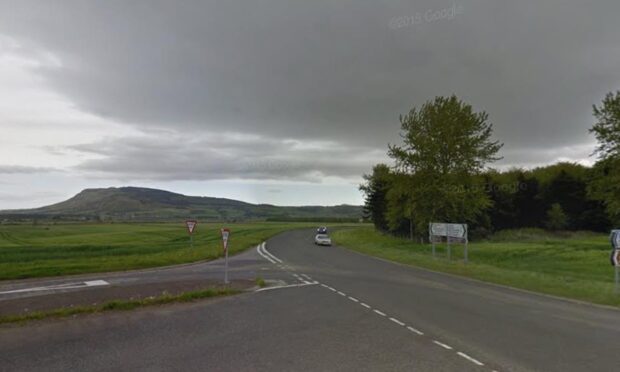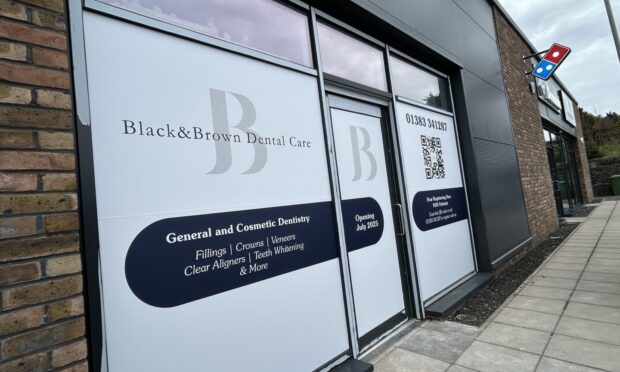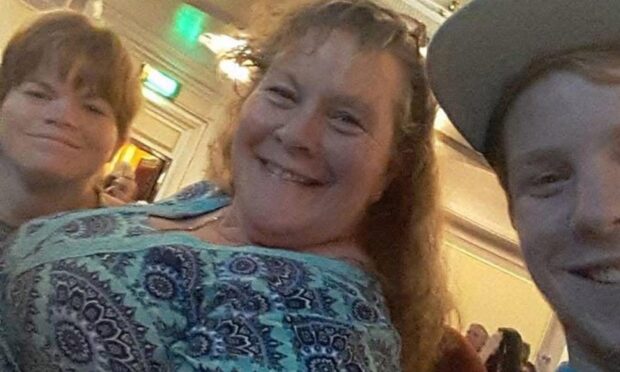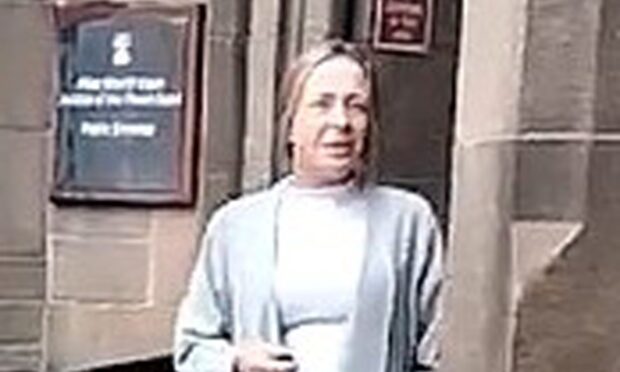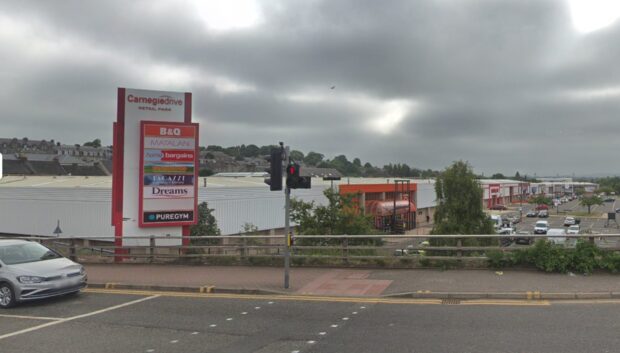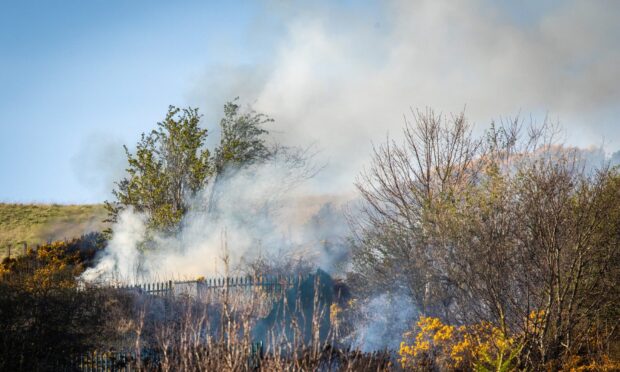A patient in Fife with a history of cancer died after an “unreasonable delay” in seeing a doctor during the pandemic.
The individual contacted their GP practice by phone last year to report pain in their right leg and buttock but was not seen in-person due to Covid-19 guidance.
The consulting GP considered that the patient’s symptoms likely resulted from sciatica (back and leg pain caused by irritation or compression of the sciatic nerve) and prescribed treatment for this.
Patient had history of lung cancer
Further phone consultations followed with the GP and others at the practice on four other occasions.
The patient had a history of lung cancer which had been treated with radiotherapy previously.
When things didn’t improve, a relative asked for an in-person appointment and the patient was seen that day by a cancer nurse specialist.
The patient was diagnosed with metastatic lung cancer and died this year.
Many NHS appointments have been on the phone or via video call since restrictions were first placed on health services in March last year.
Operations and appointments have been delayed so employees can be redeployed to cope with low-staffing levels and other pressures from the pandemic.
It has led to concerns many conditions are being detected too late.
The practice in question has not been named in the report.
‘Unreasonable delay’
The Scottish Public Services Ombudsman (SPSO) received a complaint from the relative which it has upheld.
A ruling by the ombudsman said: “We took independent advice from a GP.
“We found insufficient evidence to suggest that the practice had refused any request from A [the patient] for an in-person appointment.
“However, we did find that there had been a unreasonable delay in providing A with an in-person appointment.
“On consideration of relevant guidance, the clinical record and specialist advice we found that A should have been seen in-person on the third contact they had with the practice.
“We considered that the delay in providing A with an in-person appointment was brief and were unable to conclude that the delay had a material impact on A’s prognosis.”
The GP practice has been asked to apologise to the family and make improvements to the way it handles such cases.


